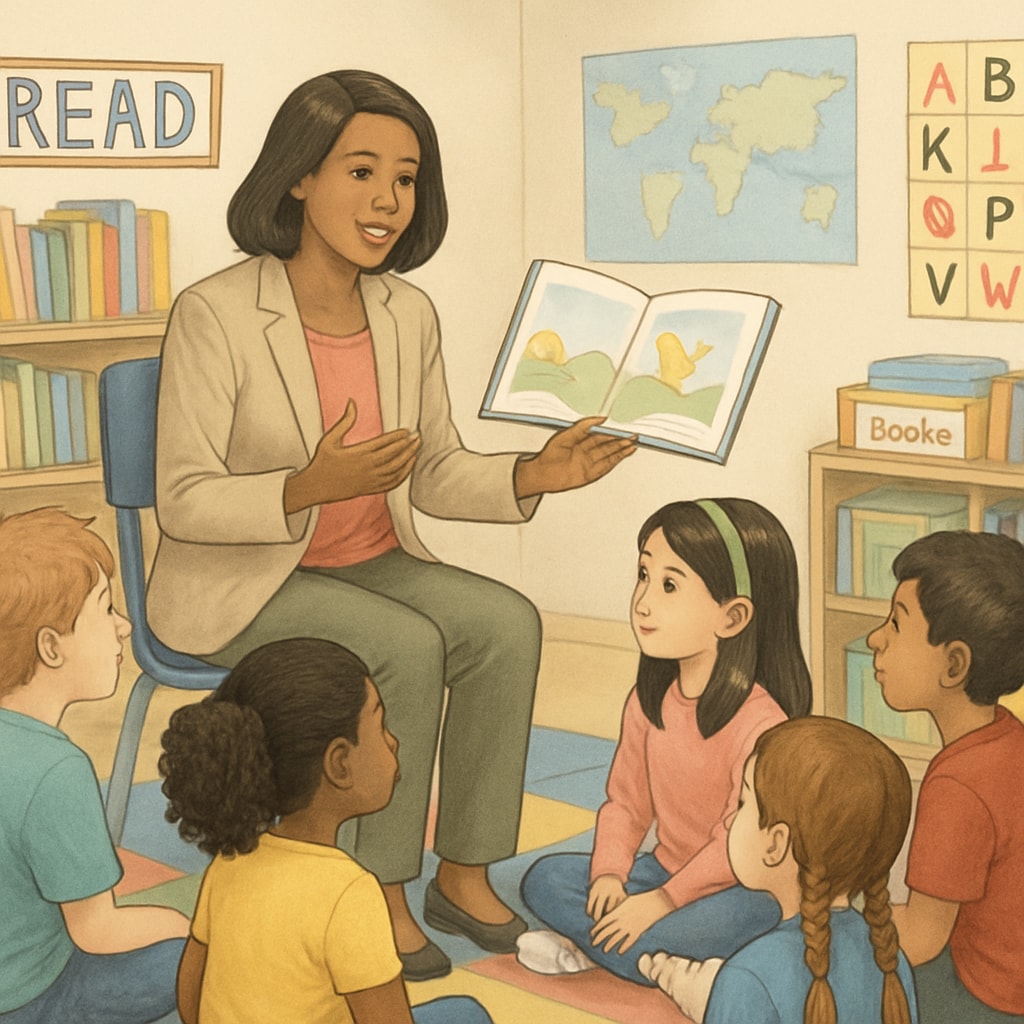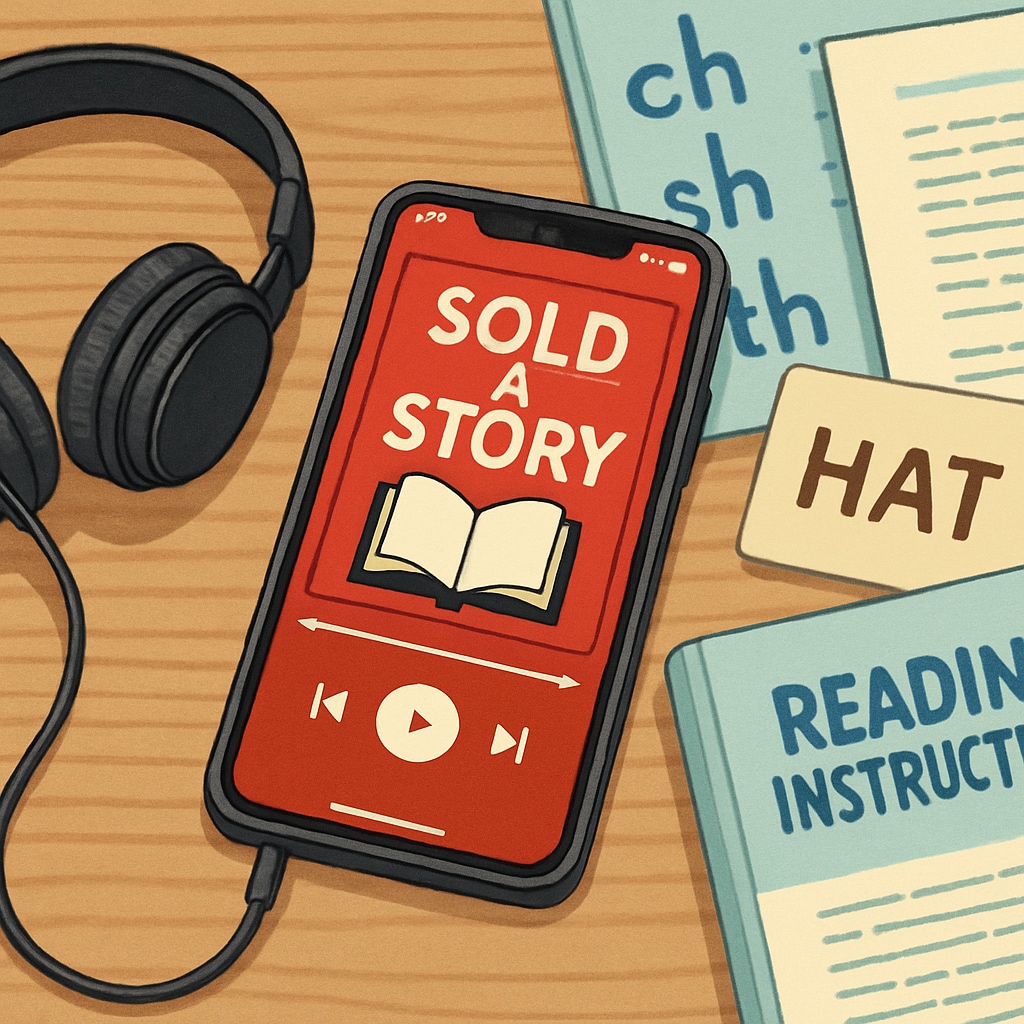Education, reading instruction, and child development are deeply interconnected, yet many teaching methods fail to align with scientific evidence. The groundbreaking podcast “Sold a Story” by Emily Hanford investigates why millions of American children struggle with reading despite years of schooling. This eye-opening series should be essential listening for every educator, administrator, and parent committed to effective literacy development.
The Science Behind Reading Instruction
For decades, cognitive scientists have understood how the human brain learns to read. Research from the National Institute of Child Health and Human Development shows that explicit, systematic phonics instruction is crucial for most children. However, as “Sold a Story” reveals, many schools continue using methods that contradict this evidence.

How Popular Teaching Methods Fail Children
The podcast examines three problematic approaches that dominate many classrooms:
- Three-cueing systems that encourage guessing words
- Whole language instruction that minimizes phonics
- Balanced literacy programs that often imbalance instruction
These methods, as documented by the Reading Rockets initiative, frequently leave struggling readers without essential decoding skills.
What “Sold a Story” Reveals About Education Reform
The six-episode investigation uncovers how:
- Publishing companies profit from unproven methods
- Teacher training programs ignore decades of research
- Parents often discover the truth too late

Transitioning to evidence-based practices requires understanding these systemic issues. As Hanford demonstrates, the consequences affect millions of children’s educational trajectories and future opportunities.
Practical Takeaways for Educators and Parents
After listening, education professionals should:
- Evaluate their current reading curriculum
- Request professional development in structured literacy
- Advocate for science-aligned resources
Parents can use the podcast’s insights to ask informed questions about their child’s reading instruction and seek appropriate interventions when needed.
Readability guidance: The podcast makes complex education policy accessible through real stories. Similarly, this article breaks down key concepts with clear examples and actionable steps, using transition words like “however,” “therefore,” and “for instance” to enhance flow.


